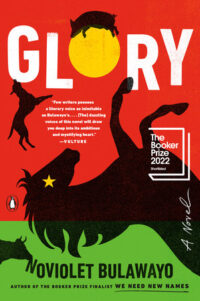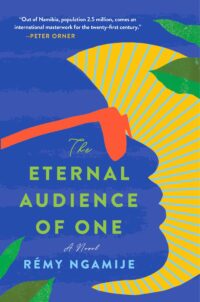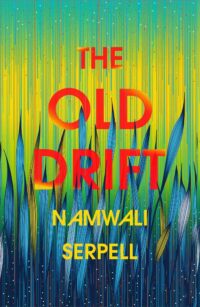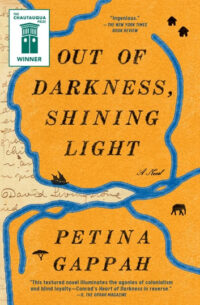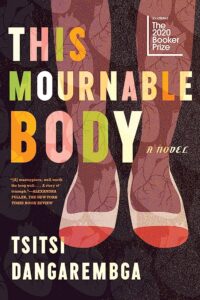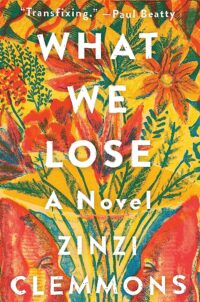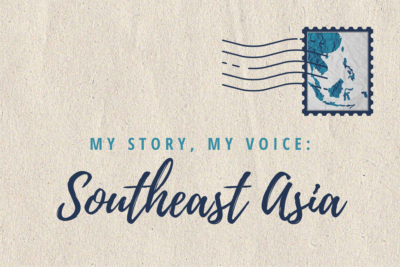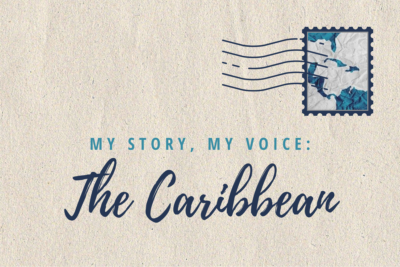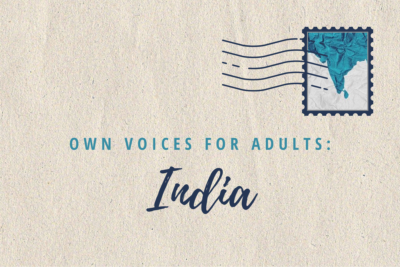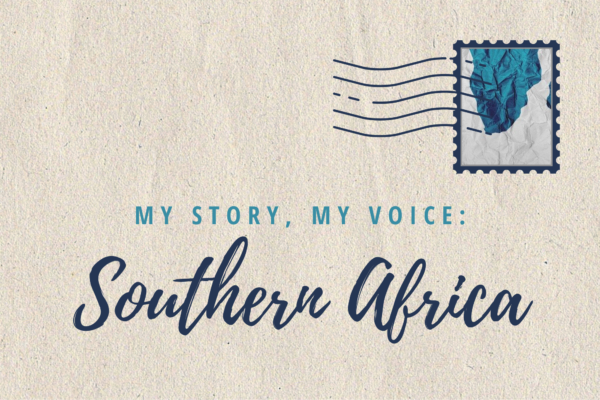
Southern Africa comprises the coastal and landlocked countries in the southernmost region of Africa. This typically includes Angola, Botswana, Lesotho, Malawi, Mozambique, Namibia, South Africa, Swaziland, Zambia, and Zimbabwe. While a southern entity in Africa, Madagascar is not included in the Southern Africa region due to its distinct language and cultural heritage.
Check out this selection of books featuring Southern African stories written by authors of Southern African heritage!
Glory by NoViolet Bulawayo
NoViolet Bulawayo’s bold new novel follows the fall of the Old Horse, the long-serving leader of a fictional country, and the drama that follows for a rumbustious nation of animals on the path to true liberation. Inspired by the unexpected fall by coup in November 2017 of Robert G. Mugabe, Zimbabwe’s president of nearly four decades, Glory shows a country’s imploding, narrated by a chorus of animal voices that unveil the ruthlessness required to uphold the illusion of absolute power and the imagination and bulletproof optimism to overthrow it completely. By immersing readers in the daily lives of a population in upheaval, Bulawayo reveals the dazzling life force and irresistible wit that lie barely concealed beneath the surface of seemingly bleak circumstances.
And at the center of this tumult is Destiny, a young goat who returns to Jidada to bear witness to revolution—and to recount the unofficial history and the potential legacy of the females who have quietly pulled the strings here. The animal kingdom—its connection to our primal responses and its resonance in the mythology, folktales, and fairy tales that define cultures the world over—unmasks the surreality of contemporary global politics to help us understand our world more clearly, even as Bulawayo plucks us right out of it.
Although Zimbabwe is the immediate inspiration for this thrilling story, Glory was written in a time of global clamor, with resistance movements across the world challenging different forms of oppression. Thus it often feels like Bulawayo captures several places in one blockbuster allegory, crystallizing a turning point in history with the texture and nuance that only the greatest fiction can. – From Publisher
The Eternal Audience of One by Rémy Ngamije
Nobody ever makes it to the start of a story, not even the people in it. The most one can do is make some sort of start and then work toward some kind of ending.
One might as well start with Séraphin: playlist-maker, nerd-jock hybrid, self-appointed merchant of cool, Rwandan, stifled and living in Namibia. Soon he will leave the confines of his family life for the cosmopolitan city of Cape Town, where loyal friends, hormone-saturated parties, adventurous conquests, and race controversies await. More than that, his long-awaited final year in law school promises to deliver a crucial puzzle piece of the Great Plan immigrant: a degree from a prestigious university.
But a year is more than the sum of its parts, and en route to the future, the present must be lived through and even the past must be survived in this “hilarious and heartbreaking” (Adam Smyer, author of Knucklehead) intersection of pre- and post-1994 Rwanda, colonial and post-independence Windhoek, Paris and Brussels in the 70s, Nairobi public schools, and the racially charged streets of Cape Town.
“Visually striking and beautiful told with youthful energy and hard-won wisdom” (Rabeah Ghaffari, author of To Keep the Sun Alive), The Eternal Audience of One is a lyrical and piquant tale of family, migration, friendship, war, identity, and race that will sweep you off your feet. – From Publisher
The Old Drift by Namwali Serpell
1904. On the banks of the Zambezi River, a few miles from the majestic Victoria Falls, there is a colonial settlement called The Old Drift. In a smoky room at the hotel across the river, an Old Drifter named Percy M. Clark, foggy with fever, makes a mistake that entangles the fates of an Italian hotelier and an African busboy. This sets off a cycle of unwitting retribution between three Zambian families (black, white, brown) as they collide and converge over the course of the century, into the present and beyond. As the generations pass, their lives—their triumphs, errors, losses and hopes—emerge through a panorama of history, fairytale, romance and science fiction.
From a woman covered with hair and another plagued with endless tears, to forbidden love affairs and fiery political ones, to homegrown technological marvels like Afronauts, microdrones and viral vaccines, this gripping, unforgettable novel is a testament to our yearning to create and cross borders, and a meditation on the slow, grand passage of time. – From Publisher
Out of Darkness, Shining Light by Petina Gappah
“This is how we carried out of Africa the poor broken body of… David Livingstone, so that he could be borne across the sea and buried in his own land.”
So begins Petina Gappah’s “searing…poignant” (Star Tribune, Minneapolis) novel of exploration and adventure in 19th-century Africa—the captivating story of the African men and women who carried explorer and missionary Dr. Livingstone’s body, papers, and maps, fifteen hundred miles across the continent of Africa, so his remains could be returned home to England and his work preserved there. Narrated by Halima, the doctor’s sharp-tongued cook, and Jacob Wainwright, his rigidly pious secretary, this is a “powerful novel, beautifully told” (Jesmyn Ward, author of Sing, Unburied, Sing) that encompasses all of the hypocrisy of slavery and colonization—the hypocrisy of humanity—while celebrating resilience, loyalty, and love. – From Publisher
That Hair by Djaimilia Pereira de Almeida
That Hair is a family album of sorts that touches upon the universal subjects of racism, feminism, colonialism, immigration, identity and memory.
“The story of my curly hair,” says Mila, the narrator of Djaimilia Pereira de Almeida’s autobiographically inspired tragicomedy, “intersects with the story of at least two countries and, by extension, the underlying story of the relations among several continents: a geopolitics.” Mila is the Luanda-born daughter of a black Angolan mother and a white Portuguese father. She arrives in Lisbon at the tender age of three, and feels like an outsider from the jump.
Through the lens of young Mila’s indomitably curly hair, her story interweaves memories of childhood and adolescence, family lore spanning four generations, and present-day reflections on the internal and external tensions of a European and African identity. In layered and luscious prose, That Hair enriches and deepens a global conversation, challenging in necessary ways our understanding of racism, feminism, and the double inheritance of colonialism, not yet fifty years removed from Angola’s independence. It’s the story of coming of age as a black woman in a nation at the edge of Europe that is also rapidly changing, of being considered an outsider in one’s own country, and the impossibility of “returning” to a homeland one doesn’t in fact know. – From Publisher
This Mournable Body by Tsitsi Dangarembga
Anxious about her prospects after leaving a stagnant job, Tambudzai finds herself living in a run-down youth hostel in downtown Harare. For reasons that include her grim financial prospects and her age, she moves to a widow’s boarding house and eventually finds work as a biology teacher. But at every turn in her attempt to make a life for herself, she is faced with a fresh humiliation, until the painful contrast between the future she imagined and her daily reality ultimately drives her to a breaking point.
In This Mournable Body, Tsitsi Dangarembga returns to the protagonist of her acclaimed first novel, Nervous Conditions, to examine how the hope and potential of a young girl and a fledgling nation can sour over time and become a bitter and floundering struggle for survival. As a last resort, Tambudzai takes an ecotourism job that forces her to return to her parents’ impoverished homestead. This homecoming, in Dangarembga’s tense and psychologically charged novel, culminates in an act of betrayal, revealing just how toxic the combination of colonialism and capitalism can be. – From Publisher
What We Lose by Zinzi Clemmons
Raised in Pennsylvania, Thandi views the world of her mother’s childhood in Johannesburg as both impossibly distant and ever present. She is an outsider wherever she goes, caught between being black and white, American and not. She tries to connect these dislocated pieces of her life, and as her mother succumbs to cancer, Thandi searches for an anchor—someone, or something, to love.
In arresting and unsettling prose, we watch Thandi’s life unfold, from losing her mother and learning to live without the person who has most profoundly shaped her existence, to her own encounters with romance and unexpected motherhood. Through exquisite and emotional vignettes, Clemmons creates a stunning portrayal of what it means to choose to live, after loss. An elegiac distillation, at once intellectual and visceral, of a young woman’s understanding of absence and identity that spans continents and decades, What We Lose heralds the arrival of a virtuosic new voice in fiction. – From Publisher

